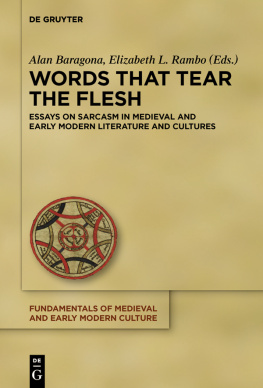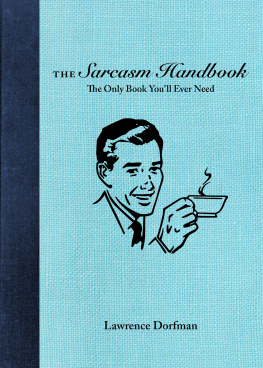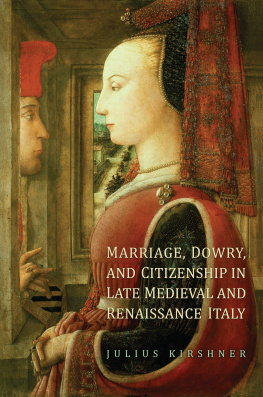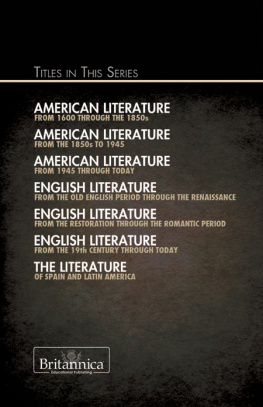Table of Contents
Guide

Words that Tear the Flesh
Fundamentals of Medieval and Early Modern Culture

Edited by
Albrecht Classen and Marilyn Sandidge
Volume 21
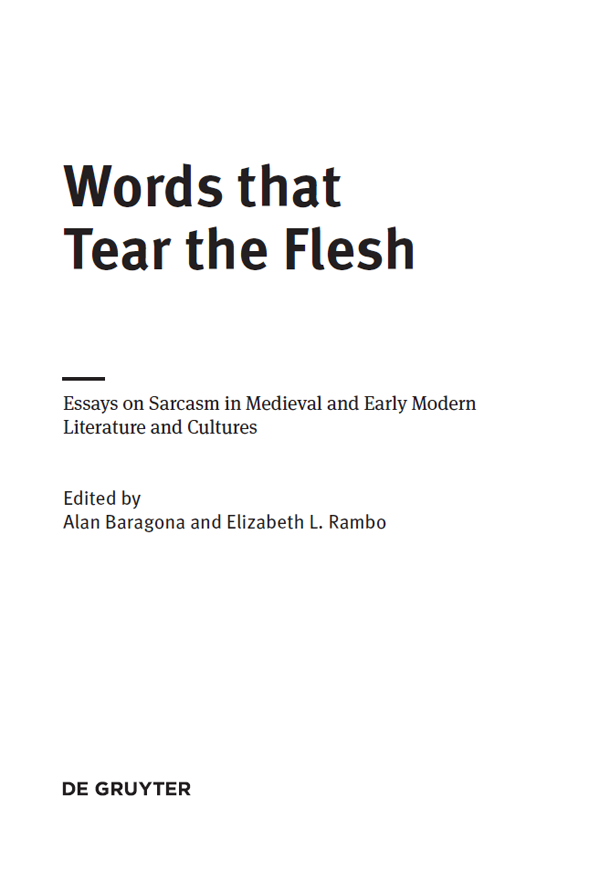
ISBN 978-3-11-056211-8
e-ISBN (PDF) 978-3-11-056325-2
e-ISBN (EPUB) 978-3-11-056225-5
ISSN 1864-3396
Library of Congress Cataloging-in-Publication Data
A CIP catalog record for this book has been applied for at the Library of Congress.
Bibliographic information published by the Deutsche Nationalbibliothek
The Deutsche Nationalbibliothek lists this publication in the Deutsche Nationalbibliografie; detailed bibliographic data are available on the Internet at http://dnb.dnb.de.
2018 Walter de Gruyter GmbH, Berlin/Boston
www.degruyter.com
Acknowledgements and Dedications
In good 21 st -century fashion, this book came to be, in part, thanks to social media. In the Spring of 2014, Alan Baragona, in semi-retirement, was invited to teach a survey of medieval European literature at James Madison University. He decided to include on the syllabus some of the stories of C Chulaind, which he had never taught in a class before. Rereading The Death of Afes Only Son, he noticed a clear pattern of sarcasm. At seven years old, the son of Afe and C Chulaind challenges the heroes of Emain Macha to combat. After he defeats the first one, two successive warriors begin their challenge by saying, in Jeffrey Gantzs translation, Delightful your games, little boy. Here was an instance where circumstance and wording combine to give a clear signal of a sarcastic speaker. On reflection, most of the other instances he could think of were in Irish or Welsh literature, so he turned to the hive mind of Facebook, specifically the Facebook page of the Southeastern Medieval Association. He gave his example, asked for others, and wisecracked that he wondered whether the Celts had cornered the snarket on sarcasm. Examples came pouring in from SEMA members, citing works in almost every medieval European language and genre. Larissa Tracy of Longwood University suggested he collect an anthology on the topic. His longtime friend from graduate school, Elizabeth Rambo of Campbell University, volunteered to co-edit it, and Melissa Ridley Elmes of Lindenwood University suggested the working title, Cornering the Snarket . The Call for Papers garnered even more examples from an even broader range of cultures, and the editors still think of their contributors as The Snarketeers.
We would like to give special thanks to Larissa Tracy for encouraging the project and to John Skuce of Campbell University Computing Services, who helped compile this volume from files that did not always get along. Elizabeth Rambo dedicates this book to her father, who brought his children up to appreciate sarcastic humor on the page. Alan Baragona dedicates it to his wife, Kathy, and daughter, Laura, who are both masters of the flesh tearing technique but use it delicately.
Alan Baragona and Elizabeth L. Rambo
Introduction
The Problem of Sarcasm
In 1979, the sketch comedy show Saturday Night Live did a parody of a late night talk show. It featured the host, a writer, and an actor who was about to appear in the movie of the writers book. The host announces Im your host, Joan Face. As you may know, this is our last show tonight, but we put together a really fascinating program. Im sure youll love it. My first guest is a great, great writer, Nigel Quist, who I know youre all big fans of, as who wouldnt be? The writer responds Thank you, Joan. Being on your show is a real thrill for me! Its certainly a must for any author promoting a book. Later, the actor, Greg, says Working with Nigel has been so great. Hes a real genius, to which Nigel replies, Yeah, Gregs performance is absolutely amazing! A real Oscar winner. The entire interview goes this way, and if all one had were the transcript, it would appear to be an ordinary, vacuous Hollywood love-fest. As such, it satirizes the emptiness of these affairs, but without being funny.
However, the sketch actually opens with a logo of the fake shows title, Heavy Sarcasm, the three characters are sitting under a large sign with the title, and the host actually begins with Good evening, and welcome to Heavy Sarcasm. The apparent flattery is laced with eye rolls, smirks, sidelong glances, and a sarcastic tone marked by unnatural emphasis, drawn out vowels, and roller coaster fluctuations in pitch. The satire of Hollywood hypocrisy comes in the delivery rather than the script, in vocal tone, facial expression, and body language that reveal the characters true feelings, all first signaled and driven home by the shows title. The Heavy Sarcasm title, in fact, is not necessary for the audience to get the point, but it telegraphs what is coming and makes it all funnier, because, unlike the usual bland title of talk shows, it is the one, straightforward true statement in the whole sketch.
In addition to hitting the mark of its satire, the skit illustrates four important things about the nature of sarcasm as usually conceived in the modern age. First, sarcasm requires that the speaker is overtly meaning (and saying) the opposite As we shall see, this is a consensus opinion, but not a universal one.
Second, the true meaning must be derisive. Greek sarkasmos , after all, comes from sarkasein to tear flesh.
These extra-textual features of language make it difficult to pick out sarcasm from reading the text alone without explicit written instruction, such as stage directions or an explicit narrative cue.
Finally, some elements of context, in this case the show title, can hint at or reinforce the perception that sarcasm is at work, though it is not absolutely necessary, what linguists sometimes call framing in discourse analysis and pragmatics, including politeness studies and impoliteness studies. What is said elsewhere can include what is written elsewhere in the same work and what is written elsewhere in related or analogous works, as well as taking into account larger social and cultural contexts.
Medieval rhetoricians were keenly aware of these subtleties, although it was not always thought to be so. As late as 1979, one scholar, K.S. Campbell, asserted that there was a singular lack of theoretical interest in allegory and irony in
The same can be said of sarcasm. In fact, Knox himself writes that sarcasmos is of little importance before the fifteenth century except in theoretical discussions,
That most subtle of writers, Chaucer, is a prime example of the challenge modern readers face deciphering sarcasm in medieval literature where the framing context can be even more difficult to reconstruct than it was for his contemporaries. We know that the poet-Chaucer employs irony when he calls the Friar a worthy limitour. The general context of antifraternal satire and the specific content of the portrait make it impossible to believe that any fourteenth-century author or reader would really believe the Friar is worthy. But what of the narrator, the pilgrim-Chaucer? For over a century in Chaucer scholarship, it has been assumed that the speaker Geoffrey is either nave enough or obsequious enough to mean everything he says about the other pilgrims, including fawning flattery of the Monk, Friar, Merchant, Physician, and others. If this is the case, the pilgrim-Chaucer is an indirect and ironic vehicle for the poet-Chaucers satire. His navet complicates our reading of figures like the Knight, Squire, and Clerk, who may very well be just as worthy as the narrator says, but, under the circumstance of his skewed perceptions, might not.

